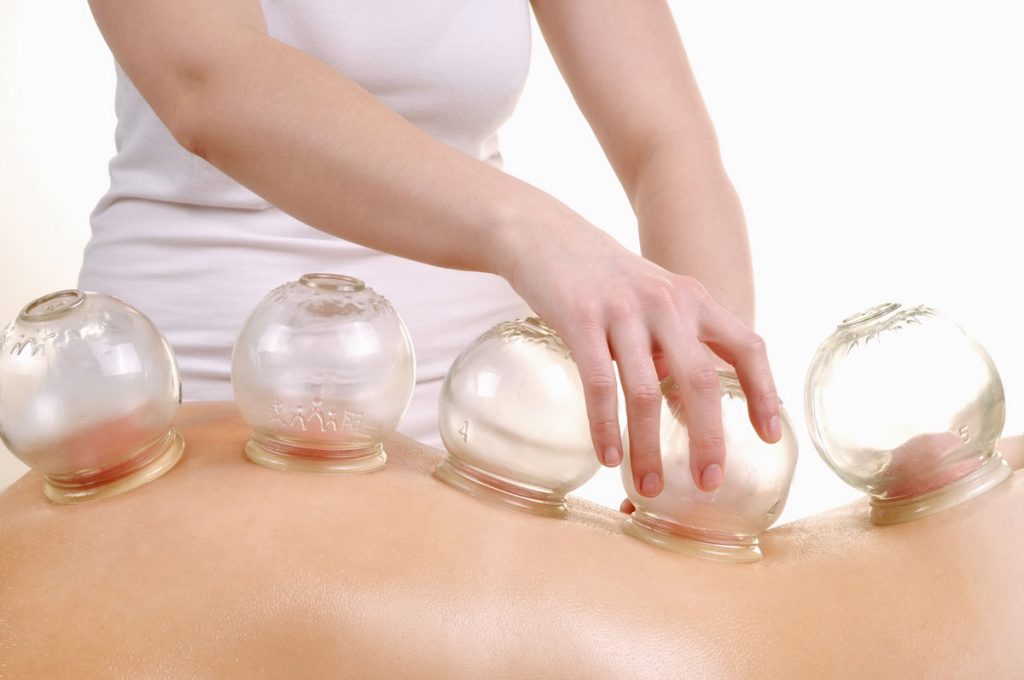- Park Ridge Wellness141 Kinderkamack Road
Suite L
Park Ridge, New Jersey 07656(201) 690-6696 Clinic Hours
Mon10am - 6pmWed10am - 6pmFri10am - 6pmBy appointment only.
Acupressure
Acupressure Points to Help Depression
We’re confident that you’ve heard of acupuncture, but do you know where it comes from?
The study and practice of acupuncture and acupressure have been used in Traditional Chinese Medicine (TCM) for thousands of years and is an ancient healing technique. Acupressure and acupuncture apply the same principles, but acupressure uses pressure points instead of needles to achieve the desired results. continue reading
3 Acupressure Points for Low Back Pain

Statistics show that almost eight out of 10 people experience low back pain at some point during their life. Seeking medical treatment for back pain is very common. Typically back pain is fleeting and can be easily resolved with rest, heat and an occasional anti-inflammatory like ibuprofen. However, once the damage is done, the recurrence of back pain can be as high as 50 percent. Part of this is because as we age, things like muscles and tendons become less flexible and pliable. This can also be attributed to the fact that many people suffer from low-grade dehydration because they don’t drink enough water and they don’t ingest enough healthy fats that keep the muscles and tendons loose. It is also very well known that in the United States, people are too sedentary, and this leads to excess weight gain that can create added pressure on the body, especially the low back. continue reading
Acupuncture: Not Just Needles
 Most people have heard of the field of acupuncture by now, but did you realize the scope of the practice encompasses Chinese medicine, which includes so much more than needles? Let’s explore this ancient therapy.
Most people have heard of the field of acupuncture by now, but did you realize the scope of the practice encompasses Chinese medicine, which includes so much more than needles? Let’s explore this ancient therapy.
First of all, the practice of Chinese medicine starts with a diagnosis. The practitioner asks many questions to build a history; this includes the answers to digestion, appetite, diet, sleep patterns, bowel movement urination, pain, lifestyle, and stress level, for example. The acupuncturist will also be noting the voice pitch, hair luster, skin color and tone, as well as posture and mood of the patient and any significant odor. After that, there is a pulse and tongue analysis to determine where the pattern and root are, primarily. Finally, blood pressure is measured and other applicable tests done, including palpation of the body. After this history, a diagnosis and treatment plan is determined. What might be included in this plan? continue reading
